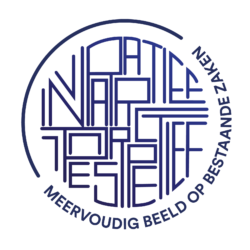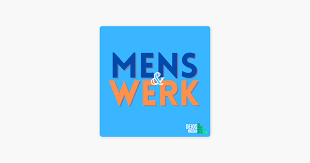https://jongtno.nl/event/729/uym-i-give-a-f-ck-now-what-the-hague
Do you ever find yourself in situations where the (inappropriate) behavior of another person towards yourself, or someone else, makes you feel uncomfortable, or even leaves you feeling helpless? Think of rude or offensive behavior, labeled as a “joke”, (sexually) transgressive behavior or (covert) racist comments displayed in public, at the workplace or even within your friends’ group or a family setting. Often, those actions leave us baffled and unable to react – in the moment or at any given moment – since it may be hard to find a response that feels both appropriate and authentic.
When ‘the subtle art of not giving a fuck’ is not working for you (anymore) – this workshop is for you. During this masterclass we will dive into the topic of restorative communication in conflictual situations. We will explore conflictual situations and responses, social interactions and transgressional behavior @ work.
Facilitator: Carla-Maria Verwer


